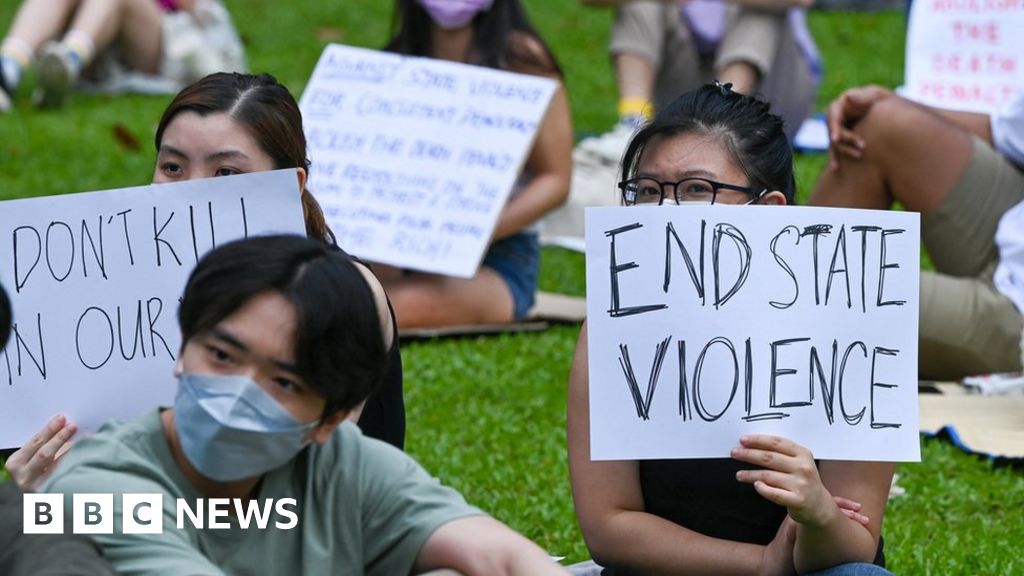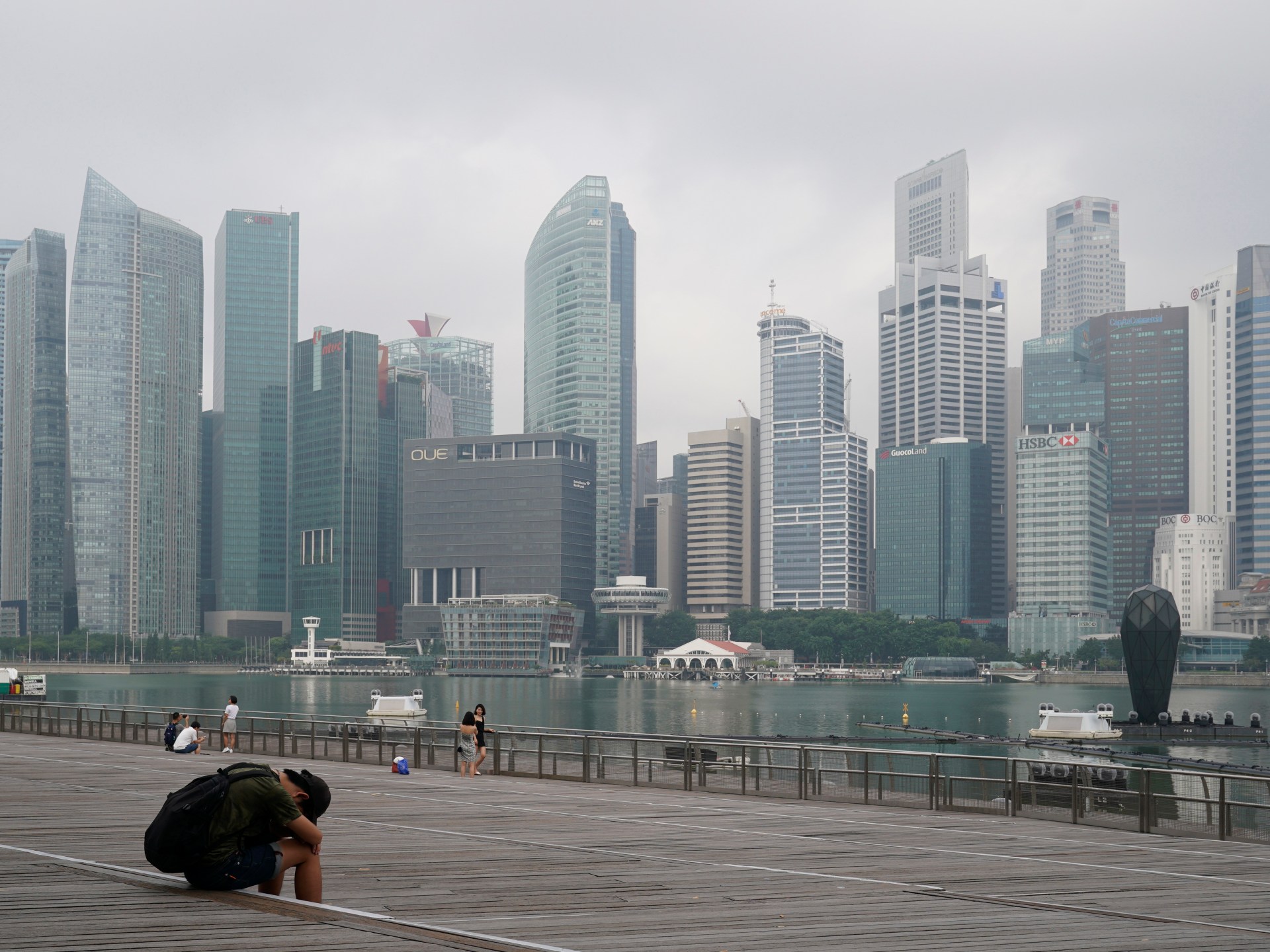Singapore, known for its strict anti-drug laws and tough stance on crime, has recently completed an execution, marking the first time a woman has been put to death in nearly 20 years. Saridewi Djamani, a 45-year-old Singaporean national, was found guilty of trafficking over 30 grams of heroin, a crime that carries the death penalty in the city-state. The execution occurred despite appeals from human rights groups, sparking debates about the effectiveness and ethics of capital punishment.

Also Read: The 2,000-Year-Old Iron Age Female Warrior of Bryher
Sources Related to Singapore Strict Laws (For R&D)
- Singapore Laws
- 10 Weird and Strange Laws in Singapore
- 12 Unique Laws in Singapore You Should Know Before You Visit
- Things That Are Banned in Singapore
- The Dos and Don’ts in Singapore
- Criminal law of Singapore
Singapore has long the death penalty as part of its comprehensive harm prevention strategy against drug offenses. Under the country’s severe regulations, anybody found dealing in excess of 15 grams of heroin or 500 grams of weed faces death penalty.
While the Singaporean government keeps up with that death penalty is an effective deterrent against drug-related crime, critics argue that there is no evidence to support this claim and that it disproportionately targets vulnerable and marginalized individuals.
The Case of Saridewi Djamani
Saridewi Djamani’s case came into the spotlight in 2018 when she was captured and subsequently sentenced to death for trafficking heroin. Despite appeals against her conviction and sentence, her plea for presidential clemency was also rejected.
Also Read: Iranian Chess Player Sara Khadem Who Removed Hijab gets Spanish Citizenship
Human rights groups, including Amnesty International and Transformative Justice Collective, have vehemently protested the impending execution, asserting that the death penalty is a violation of international human rights law and that it does little to address the root causes of drug-related crimes.
The execution of Saridewi Djamani has reignited the worldwide discussion on the death penalty. While Singapore protects its utilization of capital punishment as a way to keep the nation safe and discourage drug dealing, critics argue that the punishment is inhumane and ineffective in curbing crime.
A few investigations have shown that capital punishment has no one unique deterrent effect compared to alternative sentencing measures. Furthermore, human rights organizations contend that capital punishment violates the fundamental right to life and constitutes a form of cruel and unusual punishment.
Also Read: Devastating Mediterranean Wildfires Kill More than 40
The worldwide communities, including the United Nations andhuman rights organizations, has called on Singapore to halt executions and reconsider its stance on capital punishment. Numerous nations have abrogated capital punishment out and out, refering to worries about its moral ramifications and the potential for improper convictions.
Singapore’s proceeded with utilization of capital punishment for drug offenses places it close by nations like China, Iran, and Saudi Arabia, further raising worries about its human rights record.
Critics argue that Singapore’s harsh drug law and dependence on capital punishment sustain a punitive approach that fails to address the underlying social and economic factors contributing to drug-related crimes. Advocates for drug policy reform stress the importance of evidence-based approaches that prioritize rehabilitation, harm reduction, and addressing the root causes of drug abuse.
Also Read: Ship Carrying 3,000 Cars Catches Fire Off Dutch Coast























+ There are no comments
Add yours